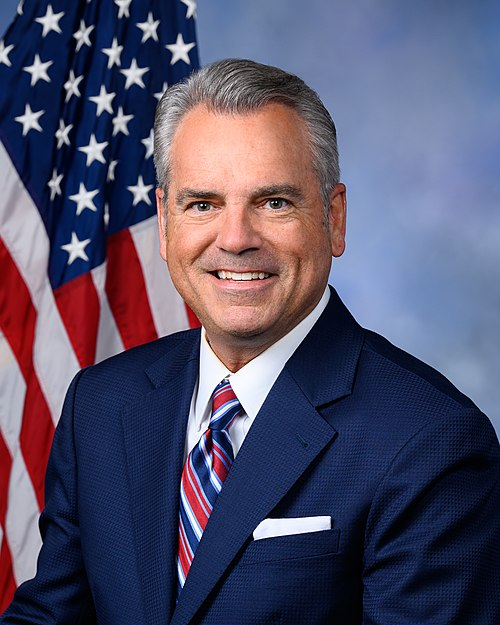H.R. 2248: Signature Integrity for Granting National Pardons Act
This bill, known as the Signature Integrity for Granting National Pardons Act, aims to require that the President of the United States personally sign any act of pardon or reprieve. The bill is introduced in the House of Representatives and outlines the following key points:
Short Title
The bill may be referred to as the "SIGN Pardons Act." This title reflects its primary focus on ensuring the integrity of the presidential pardon process through personal involvement by the President.
Presidential Signature Required for Pardons
The core provision of the bill stipulates that the President must personally sign all pardons or reprieves. This change would establish a requirement that is more stringent than current practices, which may allow for other forms of execution of pardons without the President’s direct signature.
Implications
This legislation is intended to emphasize the importance of the President's direct involvement in the pardoning process. By requiring the President’s signature on all pardons, the bill seeks to reinforce accountability and transparency within the executive branch regarding clemency decisions.
Limitations and Exclusions
The bill does not address any changes to the process of how pardons are reviewed or granted beyond the requirement for the President's signature. It does not specify any penalties for non-compliance or outline enforcement mechanisms, focusing solely on the requirement itself.
Relevant Companies
None found
This is an AI-generated summary of the bill text. There may be mistakes.
Sponsors
2 bill sponsors
Actions
2 actions
| Date | Action |
|---|---|
| Mar. 21, 2025 | Introduced in House |
| Mar. 21, 2025 | Referred to the House Committee on the Judiciary. |
Corporate Lobbying
0 companies lobbying
None found.
* Note that there can be significant delays in lobbying disclosures, and our data may be incomplete.
Potentially Relevant Congressional Stock Trades
No relevant congressional stock trades found.

